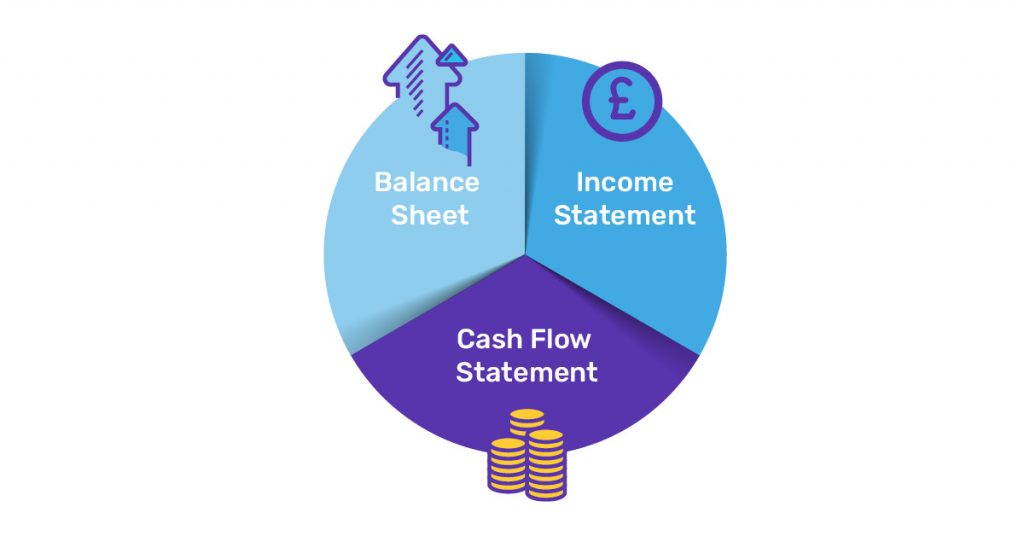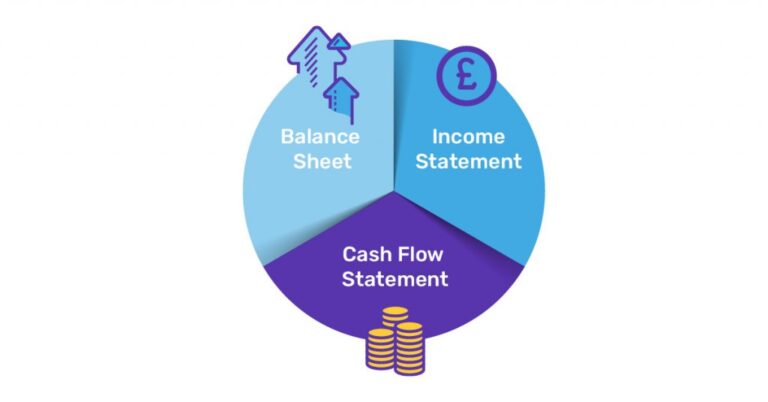When pursuing angel investment for your startup, it is essential to grasp what angel investors prioritise beyond merely providing capital. These investors, who often act as mentors and funders, are keen on identifying startups with compelling and sustainable business models. They look for a robust and passionate team with a proven ability to execute and adapt and a clear vision for growth and scalability. Investors also assess the market potential of your product or service, considering its uniqueness, the target market size, and the competitive landscape.
Additionally, they evaluate the startup’s financial projections and business plan to ensure realistic growth expectations and a clear path to profitability. Aligning your business with these criteria involves demonstrating a viable idea, a capable team, and a strategic plan showing potential for significant returns. By focusing on these aspects, you can better position your startup to attract the interest of angel investors.
Innovative Ideas and a Dynamic Team

The Foundation of Success: Ideas and People
At the heart of any successful investment is a compelling idea supported by an exceptional team. Angel investors seek startups that present innovative ideas and demonstrate the founding team’s ability to execute them.
Unique Value Proposition: Your startup must offer a unique solution to a significant problem. This could be a groundbreaking product or a novel approach to an existing market. Investors look for ideas that have the potential to scale and make a meaningful impact.
Founders’ Attributes: Beyond the idea, investors value the founder’s enthusiasm, expertise, and ability to navigate challenges. They assess whether the founder has a clear vision, a robust implementation strategy, and the resilience to drive the business forward.
The Importance of a Stellar Management Team
Energetic Leadership: A founder’s positive energy and commitment are critical. Investors want to see that you are passionate and capable of translating that passion into actionable plans.
Financial Acumen: Investors seek founders who understand financial risk and reward intricacies. A solid grasp of financial management, including creating valuable assets and scaling strategies, is essential. Demonstrating financial literacy and a strategic approach to investment usage is crucial for gaining investor confidence.
Industry Insights: Founders should provide deep insights to give them a competitive edge. This could include unique experience or expertise that positions them to identify and exploit market opportunities effectively.
Exceptional Products or Services
Unique and Scalable Solutions

Product Differentiation: Investors are interested in products or services that stand out. Your offering should provide a distinct advantage or solve a problem in a way that is not readily available from competitors.
Scalability: Your product’s market potential must be substantial. Angel investors favour businesses with scalable solutions that can grow significantly and sustain a multi-million-pound revenue stream.
Meaningful Impact: Your product should address a pressing issue customers are willing to pay for. Subscription-based models, for instance, are attractive because they offer recurring revenue, increasing each customer’s lifetime value.
Stickiness: A ‘sticky’ product retains customers over time. Your product or service must keep users engaged and loyal, reducing the likelihood of them switching to competitors.
Addressing the ‘Me-Too’ Market
In the competitive landscape of startups, entering the market with a ‘me-too’ product that resembles existing solutions is not inherently problematic. Many successful companies have built their success by refining and enhancing existing products. What sets a successful ‘me-too’ product apart is its ability to address the shortcomings of current solutions or offer superior features and value.
Focusing on specific improvements, whether through better functionality, enhanced user experience, or more competitive pricing, can help your product stand out even in a crowded market. Communicating how your product provides added benefits or solves problems more effectively than its predecessors is essential. This approach not only demonstrates innovation but also shows a commitment to meeting customer needs more effectively.
Financial Metrics and Profitability
Revenue Streams and Profit Margins

Recurring Revenue: Angel investors prefer businesses with recurring revenue models. These models are more scalable and tend to attract higher exit multiples. Recurring revenue businesses offer consistent and predictable income, making them a more secure investment.
Profitability Expectations: Early-stage companies might only be profitable after a clear path to profitability is essential. Investors expect a detailed plan showing how the business will achieve substantial profitability in the long term.
Industry-Specific Metrics: Different sectors have varying profitability standards. For instance, SaaS businesses often target high EBITDA margins and gross margins, while other industries, like restaurants, may operate with lower margins but higher volume.
Financial Literacy and Planning
Understanding Key Metrics
Financial Competence: Investors look for startups with a firm grasp of financial metrics and ratios. These include gross margin, EBITDA margin, marketing costs as a percentage of revenue, and customer acquisition costs.
Long-Term Planning: A well-thought-out financial plan should outline the journey to profitability and provide a roadmap for significant growth. Investors appreciate detailed forecasts that reflect a deep understanding of the business model and industry dynamics.
Demonstrated Traction and Validation
Building Momentum
Early Traction: For early-stage startups, traction might include testimonials, waiting lists, or pre-orders. Positive validation from industry leaders or potential customers can strongly indicate market interest.
Revenue Evidence: For later-stage startups, demonstrating actual revenue and customer acquisition is crucial. Investors seek evidence of growing sales and market acceptance, ideally showing that the business can scale organically.
Growth Metrics: Achieving key revenue milestones, such as £80k per month, is often necessary for raising Series A funding. Showing consistent growth and a solid product/market fit is essential for advancing to larger funding rounds.
Strategic Marketing Plans

Crafting a Robust Strategy
Target Audience: A well-defined marketing strategy that identifies and targets specific audience segments is crucial. Avoid spreading resources too thin and focus on penetrating niche markets effectively.
Partnerships: Forming strategic alliances can expand your reach and enhance credibility. Collaborating with established companies can provide access to new customer bases and accelerate growth.
Scalability of Marketing Efforts: Investors want a clear plan for scaling marketing efforts as the business grows. A successful marketing strategy should evolve from acquiring initial customers to expanding market presence.
Structuring Your Business for Investment

Ensuring Proper Organization
- Company Structure: Your business should be organised as a limited company to attract and facilitate investment. This structure limits liability and offers a clear division of ownership through shares. Ensure that your share distribution and shareholder agreements are meticulously defined. These agreements should detail the rights and obligations of each shareholder, including voting rights, dividend policies, and exit strategies. This clarity helps manage expectations and resolve conflicts, crucial for attracting severe investors.
- Legal and Compliance Readiness: Investors conduct thorough due diligence, scrutinising your legal structure, including the articles of association, which outline the rules governing your company, and the capitalisation table, which details the ownership stakes and equity distribution. Ensure these documents are up-to-date and accurately reflect your company’s structure and financial condition. Proper documentation of these elements facilitates a smoother investment process and builds trust with potential investors by demonstrating transparency and adherence to legal requirements.
- Board and Advisory Committees: A well-structured board of advisers is essential for providing strategic guidance and enhancing investor confidence. Establish an advisory board with clear roles and responsibilities, including oversight of strategic initiatives and compliance. Define the board’s influence on decision-making processes and ensure its members bring valuable expertise and credibility. This structure supports your business’s growth and reassures investors of solid governance and expert input.
Conclusion
Securing angel investment is a multifaceted process beyond merely showcasing an innovative idea. To attract angel investors, presenting a well-rounded approach that includes several key elements is crucial. Firstly, investors need to see a capable and dedicated team with the skills and experience to execute the business plan effectively.
Equally important is the presence of a unique and scalable product that stands out in the market and has the potential to grow significantly. Additionally, having a robust financial plan that outlines realistic projections, a transparent revenue model and a detailed strategy for managing funds is essential. A comprehensive financial plan not only demonstrates preparedness but also helps in building trust with potential investors.
Moreover, strategic marketing plays a critical role in attracting and retaining customers, and it should be well-defined to show how you plan to penetrate the market and build your brand. Addressing these vital aspects and aligning your startup with investor expectations can significantly improve your chances of securing angel investment and steering your business towards long-term success.












